EDITORIAL
Published on 09 May 2023
Editorial: Cardio-oncology and reverse cardio-oncology: the manifold interconnections between heart failure and cancer
doi 10.3389/fphys.2023.1205810
- 975 views
- 1 citation
9,545
Total downloads
33k
Total views and downloads
Select the journal/section where you want your idea to be submitted:
EDITORIAL
Published on 09 May 2023
ORIGINAL RESEARCH
Published on 09 Mar 2023
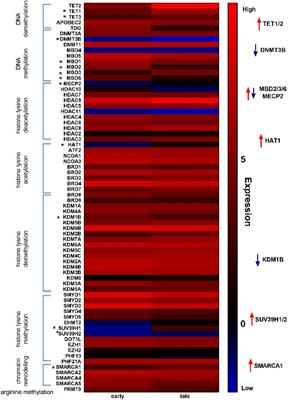
ORIGINAL RESEARCH
Published on 08 Dec 2021
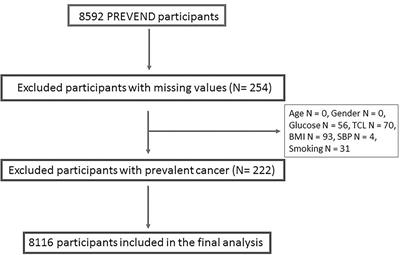
OPINION
Published on 07 Dec 2021
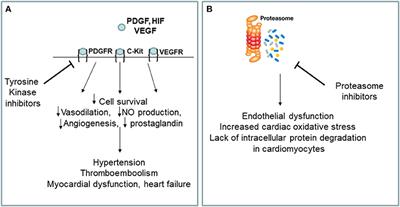
REVIEW
Published on 20 Oct 2021
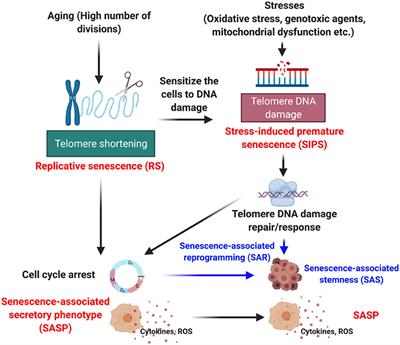
REVIEW
Published on 18 Oct 2021
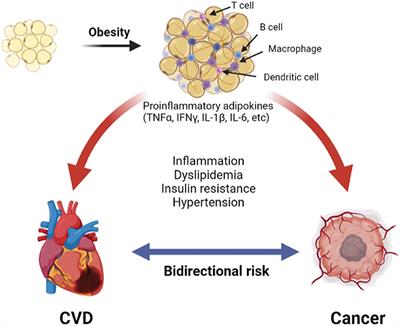
REVIEW
Published on 03 Sep 2021
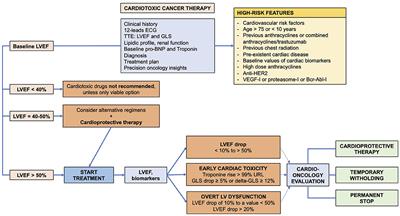
SYSTEMATIC REVIEW
Published on 04 Jun 2021
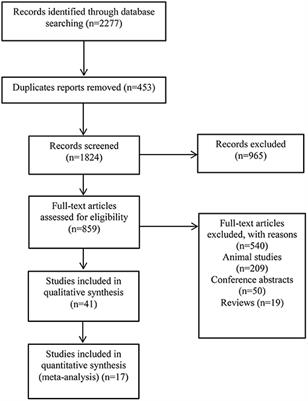

Frontiers in Cardiovascular Medicine
Frontiers in Oncology